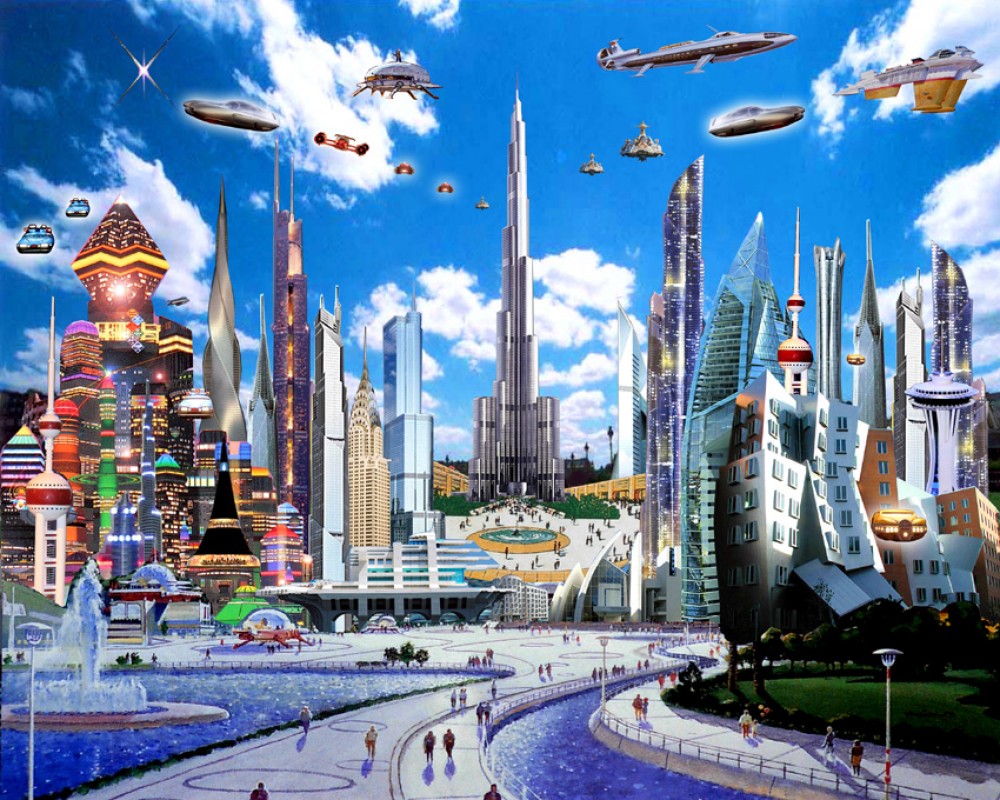However, database culture does present a huge threat to our world: privacy lost. Due to database overload our democracy and freedom are jeopardized. In computer culture, data is used by the government, marketers, advertisers, stockers, and even mere eavesdroppers to surveillance our behavior and autonomy. If data culture didn’t exist, corporations would not have the capabilities to data mine your specific data history for marketing and advertisement purposes. Data mining is the process of shifting through large quantities of data to pinpoint for trends and patterns. Mining has gone so extensive that Target knew a girl was pregnant before they even knew they were pregnant based on the patterns of their allgorhythms. As well social ads are now turning users into unwitting endorsors. When users “like” or links to a product over Facebook it turns into “sponsored stories,” which basically is a term for person endorsements. More and more of these sponsored stories are filling the web as companies see revenue in this marketing scheme that is been longtime effective: personal recommendations from friends and family. For instance, when someone clicks “+1” on Google Play store or comments on Google +, the comment may spread as an ad to the user’s friends across the web. Politicans like Nixon and Ford were fighting against George Orwell’s Big Brother ideology, the United States only has a foundational constitution called the Code of Fair Information Practices to protect the people. In the past the federal government has exercised multiple “computer matching” programs for abuse and fraud, implementing the Communications Assistance to Law Enforcement Act in 1994. Which gave the federal government permission to wiretap digital communications. Data culture also provides us an unsafe computer culture due to digital stockers and nosy people who can retrieve that very same information that the government and corporations can, which is by the scariest danger for everyday people. As we develop into a digital culture, I fear our democratic freedom of privacy will be unheard of, we need some technique to fight back if were going to adopt computers more into our daily means.
In Chritie’s village it was quite obvious that technology like dishwashers, farm machinery, telephones, dishwashers, farm machinery, and televisions were a threat to the villages. Even though devices as such might increase job productivity, I agree with the Board and Christie that technological progression is hazardous to their utopian position. Especially because these villages are based on rehabilitation, technology will degrade this purpose and meaning. Computers are so intertwined with our daily activities that “opting out” sets an unproductive life path, whereas Chritie’s villages are an escape to data overload, and technology as instrumental as it is to our society lowers our utopian traits. People need to realize that with this vast amount of information and our 24 hour, fast pace culture we ignore the benefits of mere simplicity to life, like “face to face” communication. The price of admission of free stuff like Google and Facebook is your data, who uses your information to sell. I think no one should trade-off any for using digital technology, which makes me wonder what line crosses the ethical quandaries in data mining?
